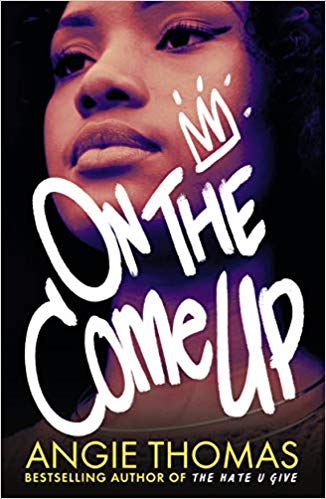The novels of Eimear McBride, you might say, begin where she once was – enduring the loss of a brother to a brain tumour, studying drama in London. But from the tangent of autobiographical overlap, they root themselves underneath that surface and, growing upward and outward from an interior deep enough to be universal, find their own forms as fiction.
Those first two outpourings, A Girl Is A Half-Formed Thing and The Lesser Bohemians, are both literary prize winners and read like tributaries to rediscovered Joycean rivers, streams of consciousness flowing with strength enough to pull the reader into their urgent currents.
Strange Hotel, perhaps, catches up with herself. Set at that point when the end of youth becomes the anticipation and acceptance of middle age, its protagonist is, in McBride’s words, “someone who doesn’t want to be hurt”.
It moves into a third person, although one barely a hair’s breadth away from the woman at its centre. This one remove, McBride suggests, is in line with a character who might be avoiding closeness. The more conventionally linear language of Hotel a strategy “to make it harder” for others to approach. There’s an intimation that, like the character in Girl in particular, her life has been blasted by grief and while that first impact has receded into the past tense, its resurrection in recollection remains raw enough for her to have learned to evade it.
In front of a full house at Manchester’s Martin Harris Centre, McBride gives voice to her words, passages in which her gift for phrases “interesting to the ear” are very much to the fore as her character considers “hard-won victories over the internal carnage of being young”.
Away from her words, she has a well-versed reader of her bibliography to serve as the evening’s interlocutor. Vona Groarke, herself a poet and a senior lecturer in Creative Writing at the University of Manchester. Groarke’s informed admiration ensures an illuminating line of questioning, a line picked up in turn by the audience.
 McBride describes it as detailing “a woman going on a journey inside herself”. As such, “the men in the book are not important, they’re kind of props”. This interiority has had its detractors and, as McBride wryly concedes, “if you’re looking for lots of plot, this one’s not for you”.
McBride describes it as detailing “a woman going on a journey inside herself”. As such, “the men in the book are not important, they’re kind of props”. This interiority has had its detractors and, as McBride wryly concedes, “if you’re looking for lots of plot, this one’s not for you”.
Despite her privileging of the female perspective, McBride remains wary of nailing her own colours to the mast of any broad-sweeping movements in literature, feeling rather “as a writer it’s important not to be part of the consensus”.
And this identity with her craft seems essential to McBride. The nine-year gap between the writing and publication of Girl has become perhaps the most often told chapter in her press cuttings. This evening, in response to an audience question, she asserts her own authorship over that period, admitting that “I did think I wasn’t going to be published”. She alludes to a near decade of near penury, in which momentum was lost then regained when during the second draft of Bohemians, she “fell in love with it”. To be enamoured with her work in this way was an epiphany. “Even if I was a failed writer, I was still a writer.”
While it’s possible (just) to imagine McBride unpublished through the roulette of the submissions process, it’s hard to conceive of the work itself being a failure. Or of her being anything other than a writer of the first rate.











